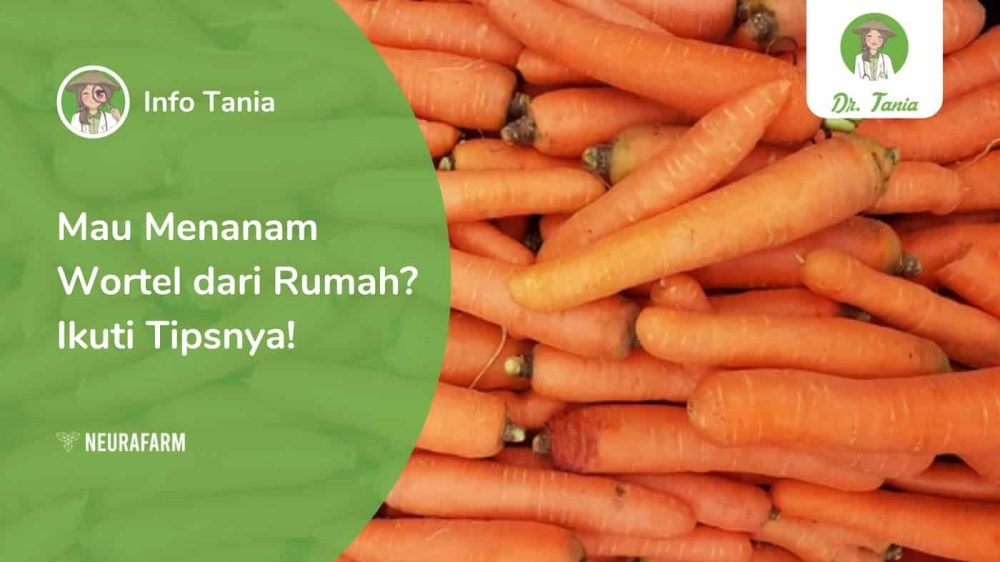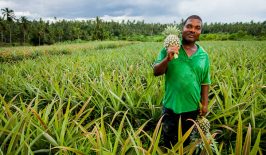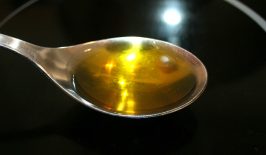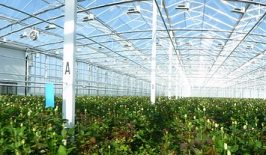Dr. Tania is a smart farming app which uses a deep learning algorithm to help Indonesian farmers identify and treat crop disease and fight pests.
Crop disease is one of the biggest problems facing the agricultural sector today. According to the UN Food and Agriculture Organisation up to 40% of crop yield is lost this way, amounting to a cost of approximately 220 billion dollars annually. By 2050 the demand for food globally is predicted to rise between 59 and 98 percent, and in a context where climate change, top-soil erosion and droughts are putting increasing strain on agricultural output, the problem of feeding the world is set to become a very pressing concern in the near future.
In recognition of the challenges ahead, Neurafarm, a smart farming startup founded by a team of young Indonesian engineers and IT specialists, has created a mobile app called Dr. Tania to help local farmers tackle the crop diseases that decimate their harvests. The name Dr. Tania is a reference to the Indonesian “Tani”, which means farm. Users can use their smartphones to take a picture of a diseased plant and upload it to the app. Dr. Tania will compare the image to all the images in its database and diagnose the problem. It then offers the farmer information on how to manage the disease and treat it effectively. The app is designed as a chatbot, meaning that users can interact with Dr. Tania and ask questions similar to talking to real human expert. And because it is a deep learning AI, the app adds each picture to its data set, increasing the accuracy of future diagnoses.
You can see the app in action in this comedic promotional video right here.
The project was started in 2018 and was initially intended to be global in scope, but the team realised early on that acquiring the data to make this a reality would be a monumental task. So they started small, cooperating with local farmers and building up a comprehensive database of local plants. At the moment around 10,000 people have downloaded the app, although they expect that number to reach 50,000 by the end of the year. Indonesia has approximately 14 million farmers, and so their focus is to scale up nationally at first, but in the next few years they hope to expand into Vietnam, Myanmar, and India – other countries with large numbers of small farmers.
More than expanding in size, they also intend to expand in scope. The app already includes an additional plant catalogue with information on how to best cultivate your plants, manage diseases and increase yields, and an “ask an expert” feature which connects users to an agriculturalist. In May they introduced a new feature which helps farmers calculate the optimal amount of fertiliser to apply, based on plant-type and geography. “Most farmers just use intuition at the moment, and it’s not effective in cost or efficiency,” says Febi Agil Ifdillah, one of the founders of Dr. Tania. “Whether it is disease diagnosis, fertiliser application or another issue, one of the big problems for farmers is lack of guidance.”
The app is designed to be a low-cost, user-friendly companion that can be accessed by small farmers who don’t have the money to apply an integrated smart farming approach. No drones, sensors or satellite imaging are necessary – just a smartphone. With such a simple set-up, it could potentially become a very useful tool in a global effort to meet Indonesia’s food demand in the future.
This article is part of the RESET Special Feature “Artificial Intelligence – Can Computing Power Save Our Planet?” Explore the rest of our articles in the series right here.






